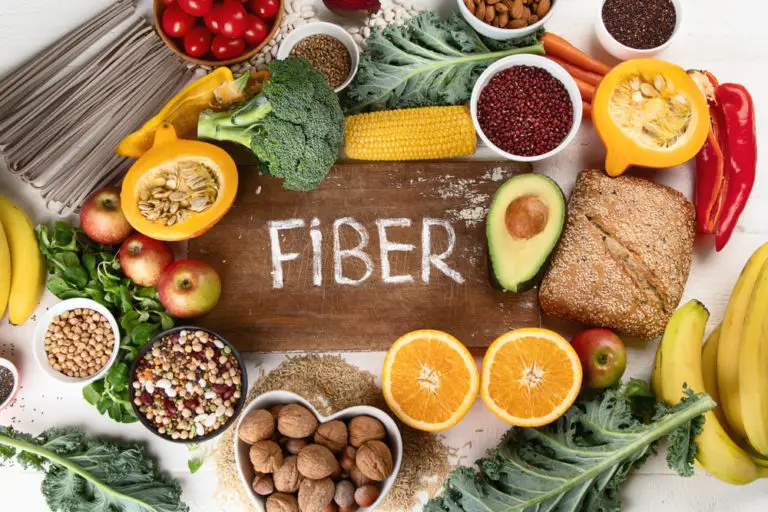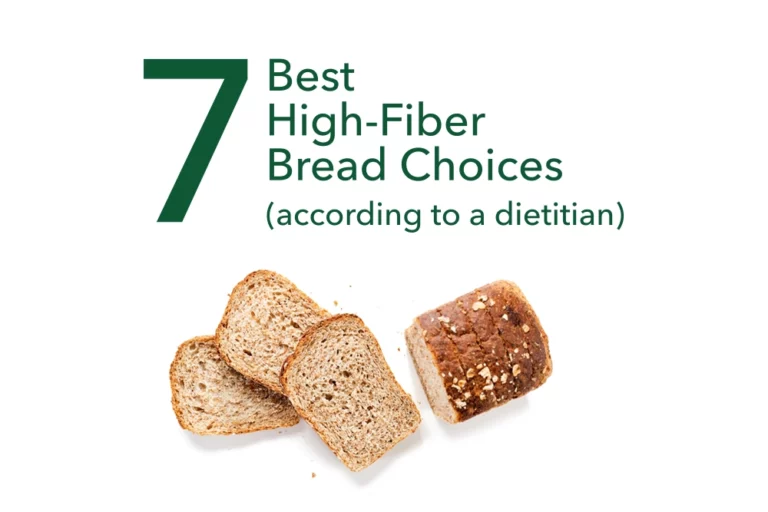Organic vs. Conventional Food: Which Is Healthier?
Everyone experiences it. You’re in the grocery store, you’re buying fruits and vegetables, and you’ve come to a crossroad: Do I go with organic or conventional?
For some, organic food signifies safe and nutritious. For others, it may represent a more eco-friendly method of cultivation.
But in terms of health, choosing organic over conventional may not be worth the extra cash.
This article explains the difference between organic and conventional foods and whether organic foods are healthier.
What Does Organic Mean?
Produce with the “organic” stamp are grown and processed without the use of synthetic fertilizers and pesticides.
For meat labeled as organic, regulations require that animals are fed full organic feed, not given antibiotics or hormones and are raised in a way that allows for natural behaviors (such as the ability to freely graze).
Aside from organic produce and animal products, many processed organic products are available such as cookies, pop-tarts and even potato chips. These products cannot contain artificial preservatives, colors or flavors.
Is Organic Food Safer?
In contrast to organically grown food, the use of synthetic chemicals, hormones, and antibiotics are permitted in conventionally grown food. For this reason, many choose organic to limit their exposure to these potentially harmful substances.
A review analyzing 240 studies, found that organically grown produce has 30% lower pesticide residues than its conventional grown counterparts (1).
The amount of pesticide residue found in the conventional food, however, was still significantly lower than the Environmental Protection Agency has declared as unsafe.
That same study also found that organic chicken and pork were one-third less likely to contain antibiotic-resistance bacteria than conventionally raised chicken and pork (1).
In some aspects, conventional produce may have an advantage over organic produce.
Organic food is grown and processed without the use of synthetic herbicides and pesticides, leaving the plant to produce its own natural toxins to fend off pests. These naturally produced pesticides may be just as harmful as synthetic pesticides used in conventional farming when consumed in high amounts.
A common example is solanine, which is naturally produced by potatoes to defend against insects, fungi, and other pests. Solanine is characterized by green coloring under the skin of the potato and can be harmful if consumed in moderate amounts.
Is Organic Food Healthier?
Whether organic food is more nutritious than conventional food is debatable.
Some studies have found that organic produce has greater levels of certain minerals and antioxidants. Those differences, however, are probably insignificant to have any real health benefit (2, 3, 4, 5).
Other reviews have reported similar findings in suggesting that there is not enough evidence to conclude that organic food is more nutritious than conventional foods (6).
According to the Centers for Disease Control and Prevention, 76% of Americans do not meet the recommended fruit intake, and 87% do not meet recommended vegetable intake (7).
With that said, if Americans focused more on simply consuming fruits and vegetables and less on the organic vs. conventional food debate, America would be a lot healthier.
The Bottom Line
Opting for organic over conventional food is your choice.
If you can afford the often larger price tag of organic foods and you favor the idea of fewer pesticides and a more eco-friendly system, go organic. But if you’re not too keen on the price tag, conventional produce is just as nutritious.
Besides, the known benefits of consuming fruits and vegetables — like reduced risk of heart disease, stroke and some cancers — most likely outweighs the potential harm of consuming minute amounts of pesticides over time.






